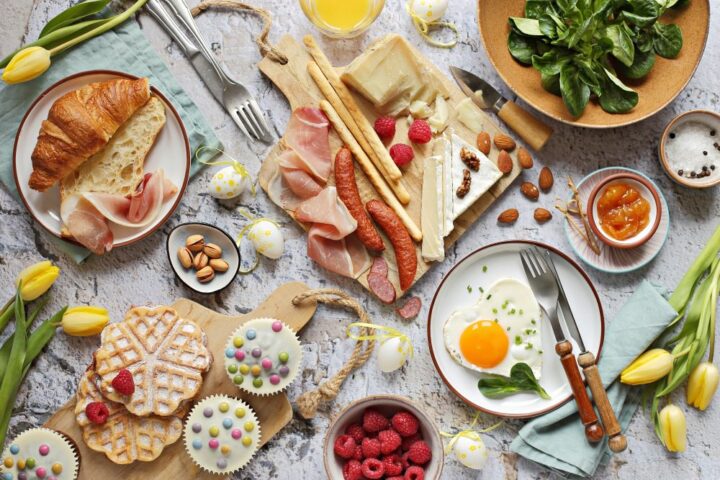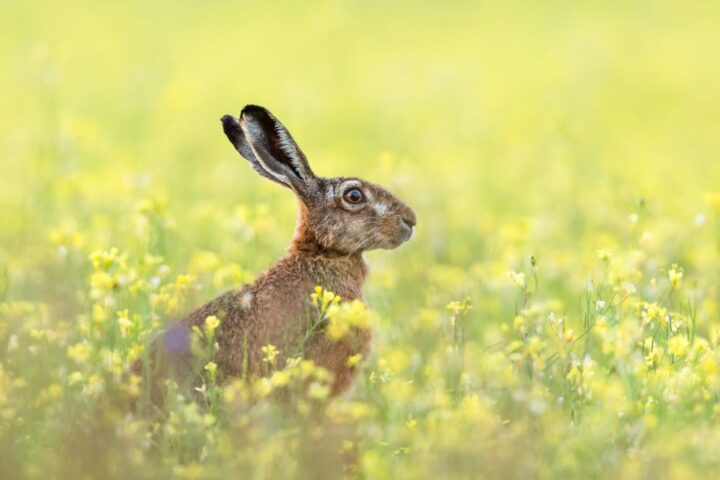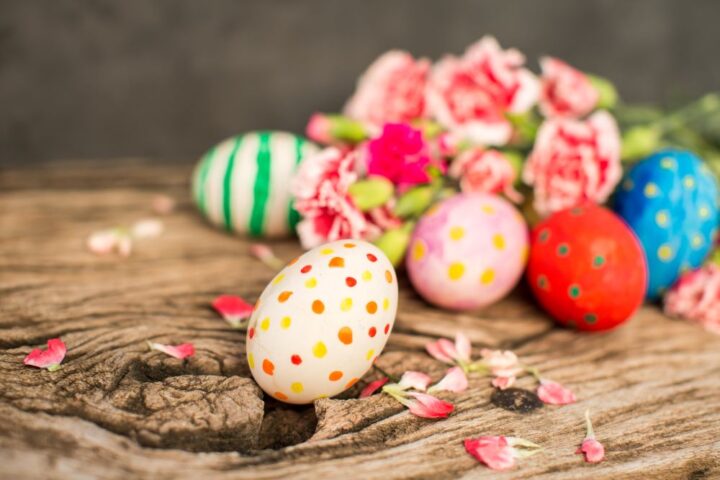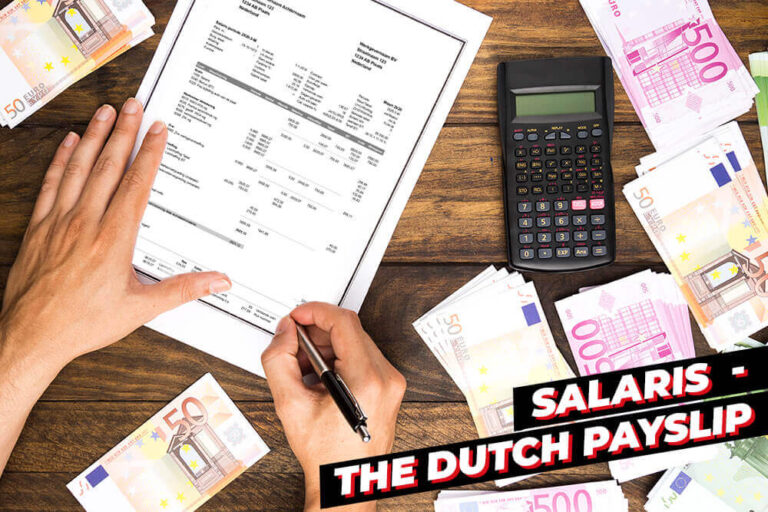Easter in the Netherlands is an extremely important time of year for the Dutch, primarily because of the opportunity of enjoying some quality family time. However, there are many more or less well-known traditions to be found here. Are you curious about what the Dutch style of celebrating Easter? Or perhaps you work in the Netherlands or are going to travel to the Netherlands to work there, and that’s where you will spend the festive season? Find out more about Easter in the land of windmills and tulips
The calendar of Easter in the Netherlands
Easter in the Netherlands has the same Christian roots as the holiday in eastern and central Europe, so you won’t see a big difference culturally. The festive period begins with Goede Vrijdag, which in eastern and central Europe is simply Good Friday. Those religious among Dutch people commemorate the crucifixion of Jesus on this day, while for others, it is an opportunity to celebrate some family time or just a long weekend. However, the day is not an official public holiday.
The holiday is already in full swing on Easter Sunday, known in the Netherlands as Eerste Paasdag. First thing in the morning, a one-of-a-kind breakfast is made – a bit more festive than usual, but on the other hand not as lavish as what people from eastern and central Europe are used to. And after breakfast, many Dutch people celebrate this joyful time by going on a family hunt – the game being chocolate sweets in the shape of eggs scrupulously hidden by the Easter hare. Holy Monday, or Tweede Paasdag, is just as important a day as Easter Sunday, although a little less solemn. As the atmosphere is much more everyday-like, it’s the perfect time to slow down, cherish the closest relationships, and take care of yourself by unwinding or taking a walk around the neighbourhood.


Dutch Easter dishes
Easter in the Netherlands is a time of joy, which can also be seen in the Dutch people’s choices of dishes and delicacies. The most important meal is the Easter breakfast, or paasontbijt (sometimes postponed until brunch time). It can be quite lavish or more modest, but there are always a few must-haves such as eggs, various sorts of cake, and fruit.
In general, the Dutch table is dominated by tasty and easy-to-prepare dishes. Paasbrood is probably the most popular one. Paasbrood is bread with raisins (and sometimes almonds) generously spiced with cinnamon – a true Easter classic of Dutch cuisine. Of course, there’s no shortage of cheeses and eggs prepared in various ways. Interestingly, chicken eggs and quail eggs are very popular in the Netherlands. As far more savoury dishes are concerned, smoked fish and lamb (or ham) accompanied by vegetables such as corn, asparagus, or green beans are served. PS: P.S.: Are you interested in other dishes typical of traditional Dutch cuisine? You’re welcome to read about what’s absolutely worth having a taste of!


What are the Dutch Easter traditions?
Easter in the Netherlands is a joyful family time, which can be seen very clearly in the country’s traditions and symbolism. Some of it will certainly seem familiar to you, while some may turn out to be very fresh and undiscovered. What traditions are worth exploring?
- Easter tree – can take the shape of a Christmas tree or a bouquet of branches; instead of baubles or chains, it is decorated with eggs, basil, and bunnies. This custom was inspired by a German tradition.
- A hare, not a rabbit – also known as Paashaas – is the one hiding the sweets that children look for on Easter morning. Egg hunts and Easter egg painting are also important traditions.
- Easter fires – the Dutch often burn monumental bonfires, or paasvuren, at dusk during the festivities. The tradition originated in pagan times but was adopted by Christianity.
- The Paaspop festival – it can attract up to 15 thousand people and is held over the Easter weekend in the town of Schijndel (10 kilometres from Den Bosch). It is also considered the unofficial beginning of the festival season in the Netherlands.
- Easter gift box – traditionally , children bring Easter breakfast packs to school on the Tuesday after Easter Monday to swap them with their classmates.
- A fun fact about furniture stores – many people often take advantage of this quiet period by visiting large-surface stores located far from city centres. Many Dutch people do it to walk between the finished dining rooms, bedrooms, or bathrooms just for fun.
It is hard to be bored during Easter in the Netherlands, even more so if you are there to work while also being keen on discovering the customs of a country you don’t know so well. Having said that, you will also find familiar traditions here. The most important thing is, at the end of the day, to enjoy this time to the fullest and take advantage of what the land of windmills and tulips has to offer.
















